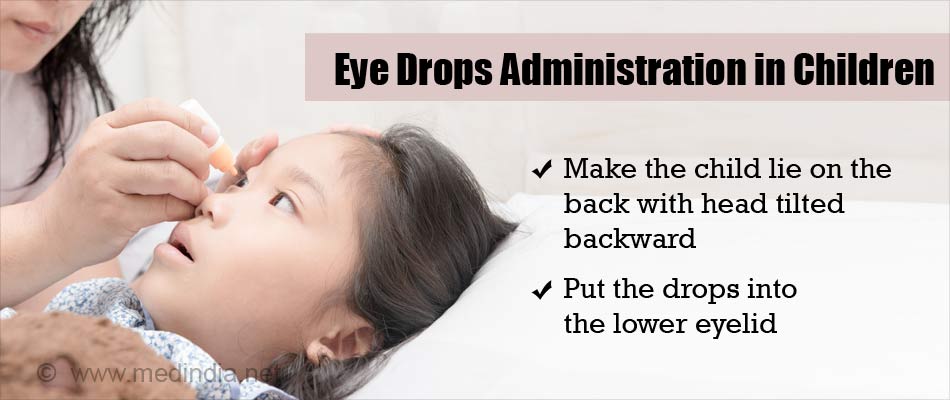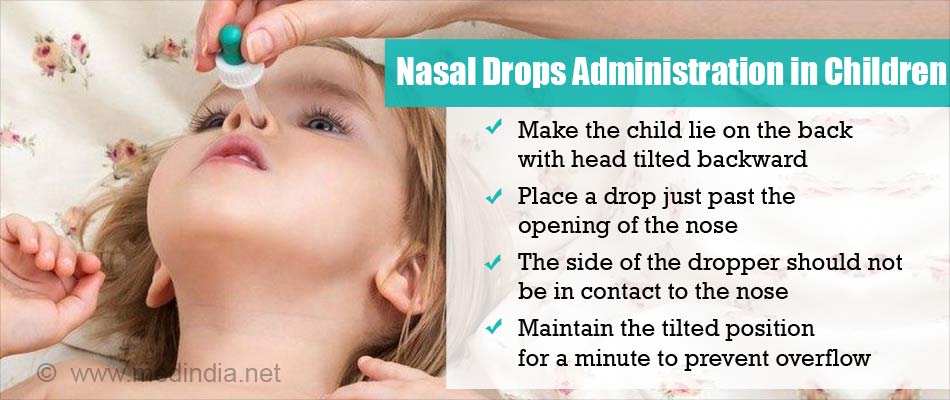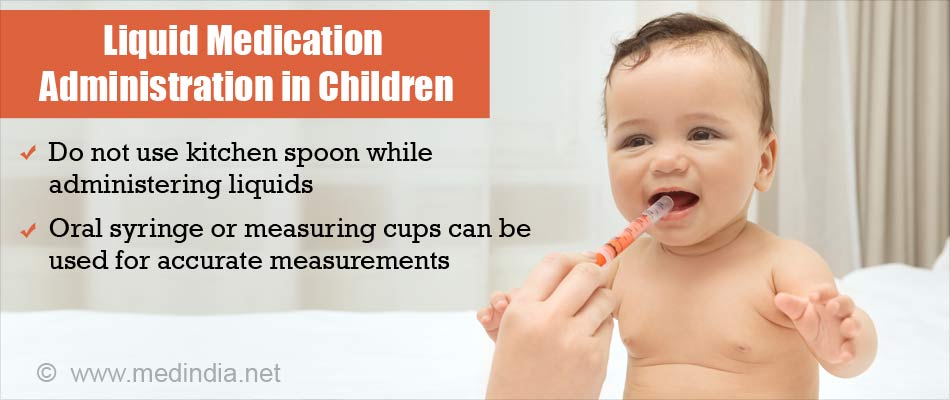- Giving Medications to Children - (https://www.pharmac.govt.nz/medicines/medicines-information/best-use-of- medicines/giving-medicines-to-children/)
- Giving Medications To Children: Developmental Guidelines and Strategies - (https://www.chw.org/-/media/files/medical-professionals/nursing-students/nursing-students/developmental-tips-for-medication- administration.pdf?la=en)
- Strategies parents use to give children oral medicine: a qualitative study of online discussion forums - (https://www.ncbi.nlm.nih.gov/pmc/articles/PMC5499324/)
Administering Medicines to Children - Tips for Parents
Parents, nannies, and caregivers often face challenges when administering medicines to children, probably due to the bitter taste of the medicine or tantrums that children tend to cause. Administering medications to reluctant children or those who are unable to swallow tablets or capsules might be stressful or traumatic for parents.
However, with some creativity and tips mentioned below, it could become easy for the parents and caregivers to administer medications to children. Depending upon the age of the child, the parent would have to use techniques to make the medicine palatable or easy to consume to obtain support from the child.
What Tips could be Helpful in Administering Medications to a Child?
General Tips:
- Know why you are giving the medicine, as well as the time and way to administer the medication
- Be gentle, yet firm when administering. Explain to the child that the medicine will help them feel better
- Make the child aware beforehand that they are about to take a medication
- Be convincing and persistent if the child refuses to consume the medicine. If you are still unsuccessful, try again after a few minutes
- Explain to the child that the bad taste will remain only for a short period and distract the child to get his or her cooperation
- Appreciate or reward the child immediately after consuming the medicine
- Follow the instructions given in the medication leaflet about the way to administer
- Never double the dose of a medication. If you miss a dose, administer the next dose at the next appropriate time
- Keep the doctor informed if there are issues in administering the medication, so you get an alternative remedy for it
- Consult the pharmacist or healthcare provider for options to administer the medication. For example, a capsule may be administered instead of a liquid medication, if it is too bitter
- In certain extreme cases, administer the medicine camouflaged into some food or drink
- Seek the child’s choices to assist in the smooth administration of medicine. For example, ask the child whether they want to play any game, take a bath or do something fun before or after the medication
- Seek advice from a healthcare provider if the child just refuses to consume the medication, and if recommended, administer the same medication via the rectal route
Tips When Administering Specific Types of Dosage Forms
Eye drops:
The child must be made to lie on the lap. With the eyes closed, the drops must be inserted in the corner of the eye, the side closest to the bridge of your nose. When the child opens his or her eyes, the drops will spread all over the eye. Another method is to make the child lie on the back with head tilted backward and the chin towards the ceiling. With the child’s eyes opened, insert the required number of drops into the pocket between the lower lid and the eye using a clean dropper.

Ear Drops:
The child must be made to lie down on the side, with the parent facing the affected ear. If the child is more than three years of age, the pinna of the ear must be pulled upward and back, and if the child is less than three years of age, the pinna of the ear must be pulled downward and back, before the drops are instilled in the ear, with a dropper. The area below the earlobe can then be massaged to facilitate movement of medication within the ear canal.
Nasal Drops:
The child must be made to lie in the supine position, with the head tilted back, so that the drops flow into the nasal cavity. The drops should be inserted, without the dropper nozzle touching the nostrils. The child’s head should be maintained in the tilted position for about one minute so that the drops do not flow outside.

Tablets and Capsules:
The parent must check with the pharmacist if it is okay to crush the pill or open the capsule to remove the powder and then administer. It is essential to get this information, as some medications may be coated, to prevent irritation in the stomach. If these are crushed, the coating gets removed, and the effect is lost.
Capsules:
The child should be made to look at the floor, instead of the ceiling. The capsule should be slid into the child’s mouth.
The child must be made to drink a glass of water or their favorite drink, while still looking at the floor. The capsule would float and move down the throat with the drink.
Liquids:
The measuring cup, dropper, measuring spoon or syringe accompanying the medication must be used, for correct measurement. One must not use the kitchen spoon.

What are Tips for Administering Medications to Babies?
Some tips when administering medicines to babies include:
- Babies must be wrapped in a towel or cloth wrap, with their hands inside, to prevent them from flinging their arms.
- When administering an oral liquid medication, it can be squirted onto the inside cheek with a syringe. By doing so the medication will not be in contact with the bitter taste buds.
- If the pharmacist agrees, the medicine can be mixed with a small amount of breast milk or formula milk.
How do you Overcome the Bitter Aftertaste of the Medicine?
If a child is aware of the bad taste of the medication based on previous experience, there could be resistance in taking the medication for future doses.
Before administering the next dose, the child can be made to suck on an ice cube which will numb the taste bud and reduce the unpleasant taste of medicine.
Alternatively, after administering, an after-drink can be given, like a fruit juice, chocolate sauce or breast milk to reduce the unpleasant taste.
How do you Overcome Challenges for Children who have Difficulty in Swallowing Tablets or Capsules?
Some techniques which can help the child swallow tablets or capsules include:
- The child consumes his or her favorite drink to moisten the mouth before the medicine. This would facilitate swallowing
- The capsule or tablet is placed in the center of the child’s mouth
- In case the child does not know how to swallow, the parent can make them practice using lollipops, which could be fun and relaxing for the child
- If the shape or size of the tablet or capsule is inconvenient to swallow, the child can be given yogurt, apple-sauce or a fruit drink to assist the swallowing after consulting the pharmacist








